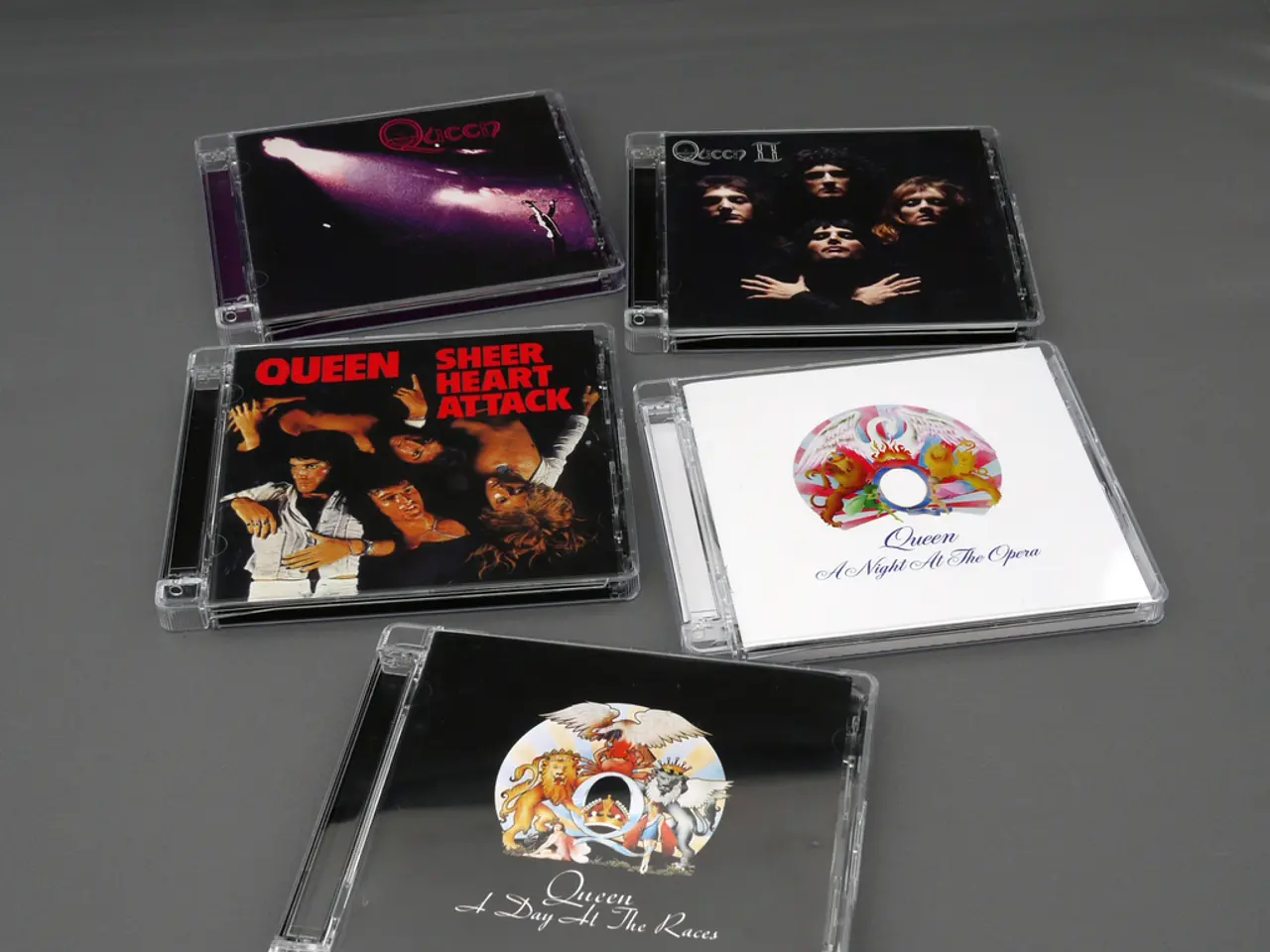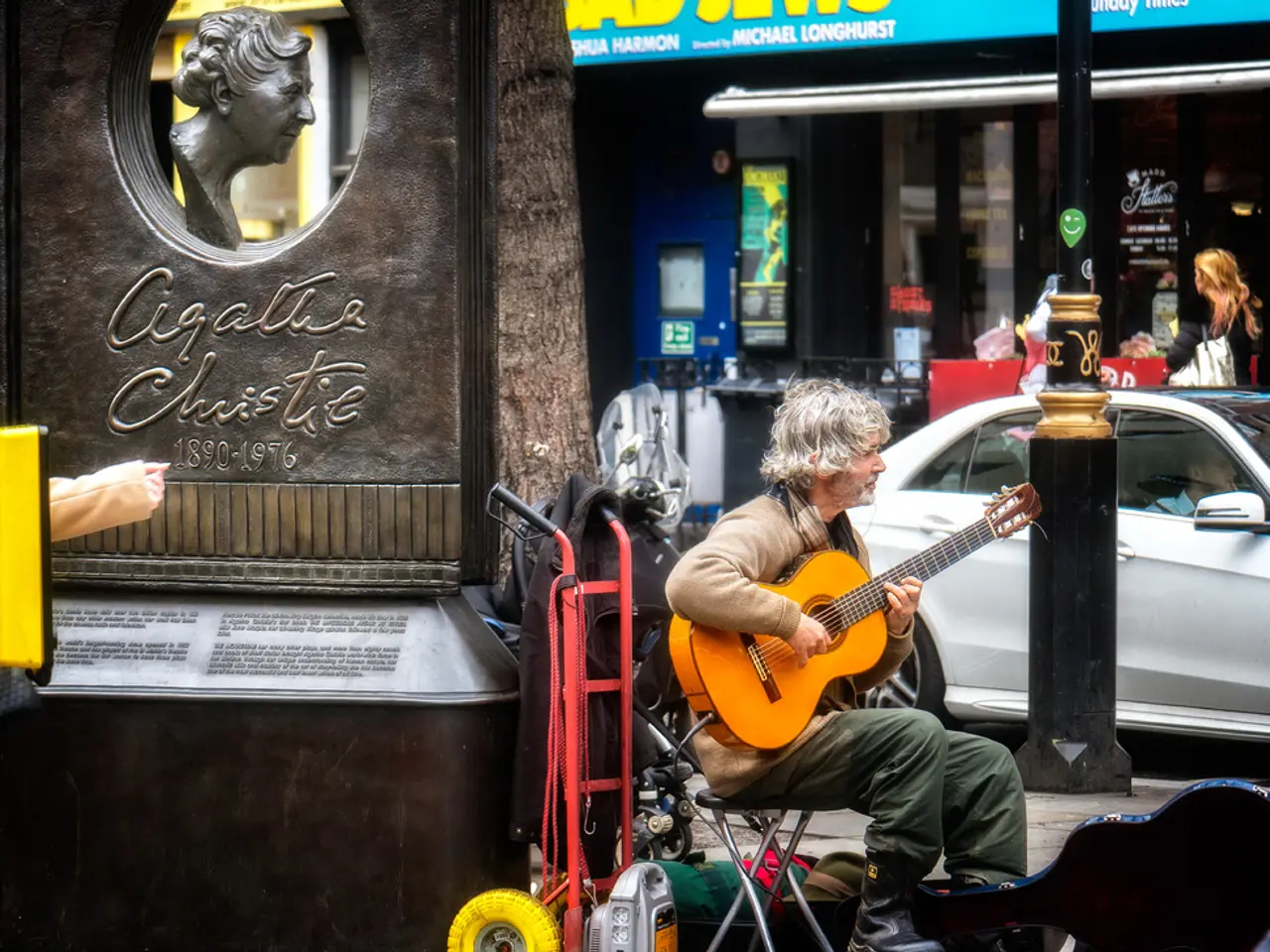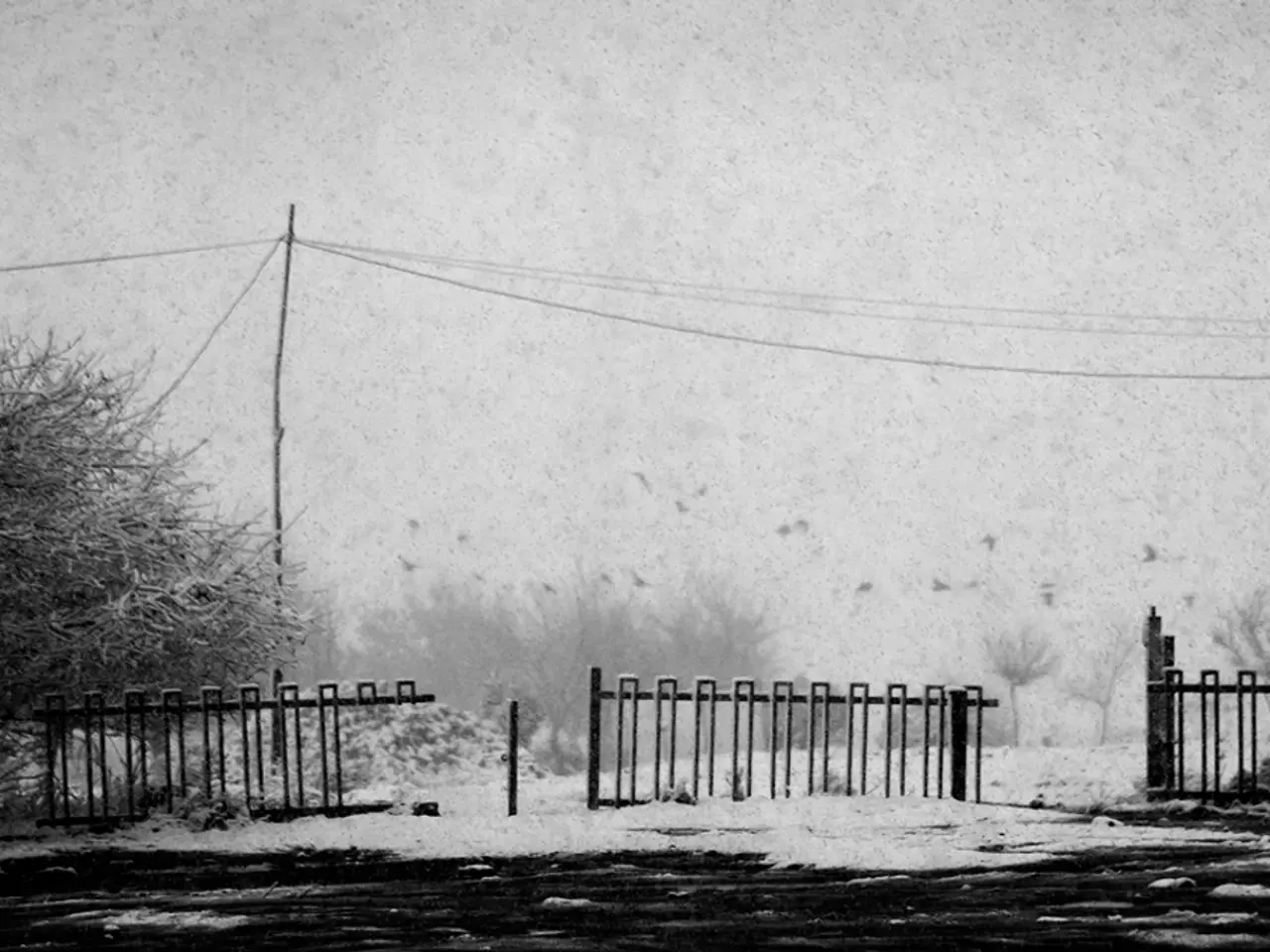Hollywood's Fearful Period: The Blacklist Era
The Hollywood Blacklist, a period of fear and suppression that marked the late 1940s and 1950s, was born out of the broader context of the Cold War and the rise of anti-communist sentiment in the United States. This unofficial de facto ban on individuals suspected of having communist ties or sympathies had a profound impact on the American film industry and its artists.
During this tumultuous era, Hollywood was gripped by fear of communist influence and the suppression of dissenting voices. Many professionals, including Dalton Trumbo, one of the Hollywood Ten, found themselves barred from employment at major studios, forced into unemployment or work under pseudonyms for years. Trumbo's contributions, such as the Academy Award-winning screenplay for "The Brave One" and the restored credit for "Roman Holiday," marked a significant reversal in the blacklist era and a return to creative freedom for many in the industry.
The long-term effects of the Hollywood Blacklist were far-reaching. Ruined careers, stifled creativity, and industry-wide censorship that suppressed political expression and diversity of thought were just some of the consequences. The blacklist, which started in 1947 as a result of HUAC hearings targeting alleged Communist sympathizers, created an atmosphere of fear and conformity across Hollywood.
Some affected artists, like Dalton Trumbo, resisted through legal challenges or acts of public defiance. Trumbo's screen credits under his real name on films like Spartacus and Exodus helped to dismantle the blacklist by 1960. The industry-wide impact endured for decades, instilling caution against politically controversial subject matter and chilling open political discourse in filmmaking. The cultural repression also echoed beyond film into American society’s broader treatment of dissent during the Cold War and influenced later political witch hunts.
One of the most prominent bodies involved in this effort was the House Un-American Activities Committee (HUAC), established in 1938. In 1947, HUAC turned its focus to Hollywood, summoning a series of high-profile figures to testify about their political beliefs and associations. A key moment in the HUAC hearings came with the appearance of a group known as the "Hollywood Ten," consisting of screenwriters, directors, and producers who refused to answer the committee’s questions about their alleged communist affiliations.
Notable films from this period, such as "High Noon" and "On the Waterfront," have been interpreted as allegories for the Hollywood blacklist and the broader climate of fear and cowardice during the McCarthy era. Other films, like "Salt of the Earth" and "The Bridge on the River Kwai," were independently produced and notable for their progressive portrayal of labor strikes and gender equality, but their creators, such as Herbert J. Biberman and Carl Foreman, could not receive public recognition due to the blacklist.
The power of the Hollywood Blacklist began to decline in the late 1950s and early 1960s due to shifting political climates, changing public opinion, and increasing legal challenges. A turning point came in 1960 with Kirk Douglas publicly crediting Dalton Trumbo as the screenwriter for "Spartacus," defying the industry's blacklist rules. This act of defiance marked the beginning of the end for the Hollywood Blacklist, a dark chapter in Hollywood history that left lasting scars on its creative community.
References: 1. The Hollywood Blacklist: A Historical Overview 2. The Hollywood Blacklist: A Reappraisal 3. The Hollywood Blacklist: A Study in Fear 4. The Hollywood Blacklist: A Cultural Analysis 5. The Hollywood Blacklist: A Political Analysis
Entertainment and politics intertwined significantly during the Hollywood Blacklist era, as the suppression of suspected communist sympathizers in the film industry sparked debates about creative freedom and political expression. General news coverage of the time documented the impact of the blacklist, including the HUAC hearings, the Hollywood Ten, and notable films such as "Spartacus" and "On the Waterfront," which were either interpreted as allegories or independently produced to challenge the existing political atmosphere.





